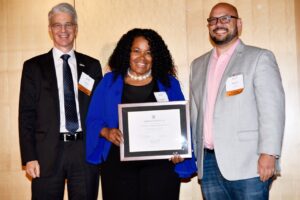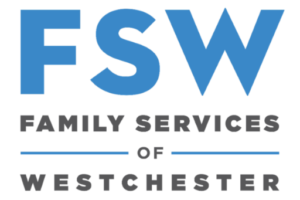 On the road to college, parents and students have much to consider. One question I’m asked quite often is, “When should I start college planning?” The answer: Identify what matters most in terms of the healthy development of your child, and balance that against what college admission officers will utilize when deciding on who to admit.
On the road to college, parents and students have much to consider. One question I’m asked quite often is, “When should I start college planning?” The answer: Identify what matters most in terms of the healthy development of your child, and balance that against what college admission officers will utilize when deciding on who to admit.
At the core of this answer is course selection. Which classes and how rigorous these classes are determines quite a bit later on, ranging from identifying appropriate college majors, college application competitiveness, and readiness for standardized tests. For example, did you know that math taught in 7th grade is on the SAT and ACT? And the various tracks students are on often trace back to 6th or 7th grade? Knowing and being mindful of this early matters. However, that does not mean active college planning (creating a portfolio, visiting colleges, and applying) begins that early. To the contrary, 11th grade is the active year of college planning and visiting colleges. So, while not called college planning, which decisions are the most important affecting course selection?
As parents, helping students understand choices like selecting next year’s classes (as many of you are doing now!), but also in being truly honest with how they spend their time is critical. We all have to work hard to be disciplined, focused, and to prioritize what truly matters. With students, growing up in a world replete with digital distractions, tasks often take longer. The entire duration of homework, as a block of time, probably takes longer than it otherwise should. Why does this matter? If we can take a more structured and honest accounting of how students spend time, they can often accomplish more work more efficiently, and at a higher degree of difficulty, with fewer distractions. When students I meet share what distracts them, whether it is the vortex of YouTube-recommended videos or the endless saga of Fortnite, activities that lack “stopping cues” are the most detrimental to their overall wellbeing. Therefore, they must be taught how to create their own cues.
If you’re a parent of students in grades 6-10, start with the core of your focus being on study skills. Students juggle so many tasks and expectations, such as school assignments, activities, friends, family, chores, etc. Whether they are getting high grades in the most challenging classes or are getting B’s, C’s, D’s, or lower, all students have the capacity to pivot. That is, to stop and turn in a new direction for the better. Below is a checklist students can use to see if they need to make some changes to their study habits and even sleep schedule.
- Does the student start their homework within 1 hour from when they get home from school/sports?
- Do they have a plan for the order of homework subjects or checking their online school portal for new assignments?
- When writing a paper, do they start the outline 5 days out if possible, giving time to write a first draft, revise, and have time to make improvements each day?
- When studying for tests, does the student start studying three days in advance based on an outline prepared previously, or know the right ways to use the study app Quizlet to simulate their testing environment?
- Are they able to accomplish all of their homework by 10pm at the latest and get 8 hours of sleep?
- If not currently doing a sport, did they get any outside exercise today, even as simple as going for a walk?
- Do they have trouble sleeping due to school-related stress?
Not every student will always achieve all of the items on the checklist, but they are a useful reminder of how parents and students can reimagine what it takes to be a successful student. And no single factor is the magic solution that will solve all problems. Rather, the combination of small improvements, made at a comfortable pace, will help students step forward toward becoming a successful student. In doing so, you and your child are addressing the core of who they are as a student and establishing a foundation upon which any later college or life plans are built.
F. Tony Di Giacomo, Ph.D. is an educator and founder of Novella Prep. He has nearly 20 years of experience working in admissions, development, teaching, and research at various universities. Prior to launching Novella Prep, Tony worked at the College Board, where he led and managed research on the SAT, PSAT, AP, and other programs. You can reach him at tony@novellaprep.com.






